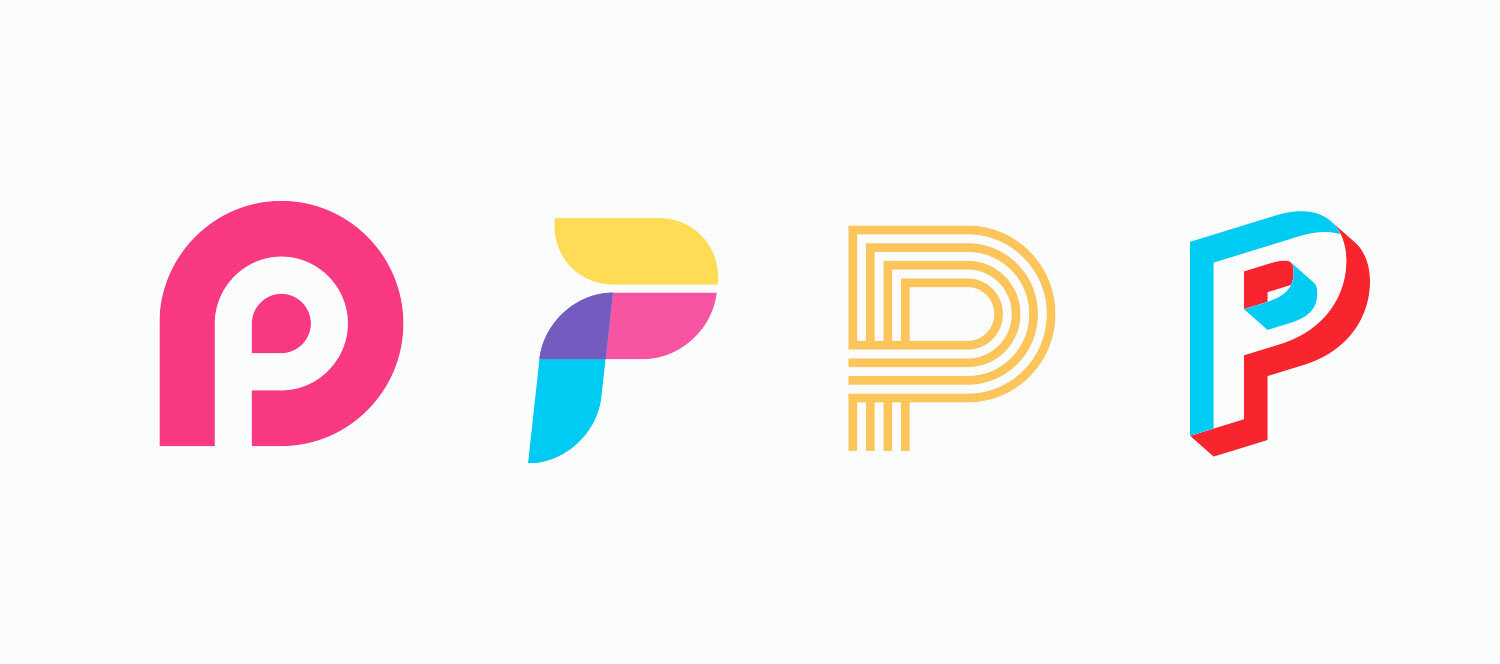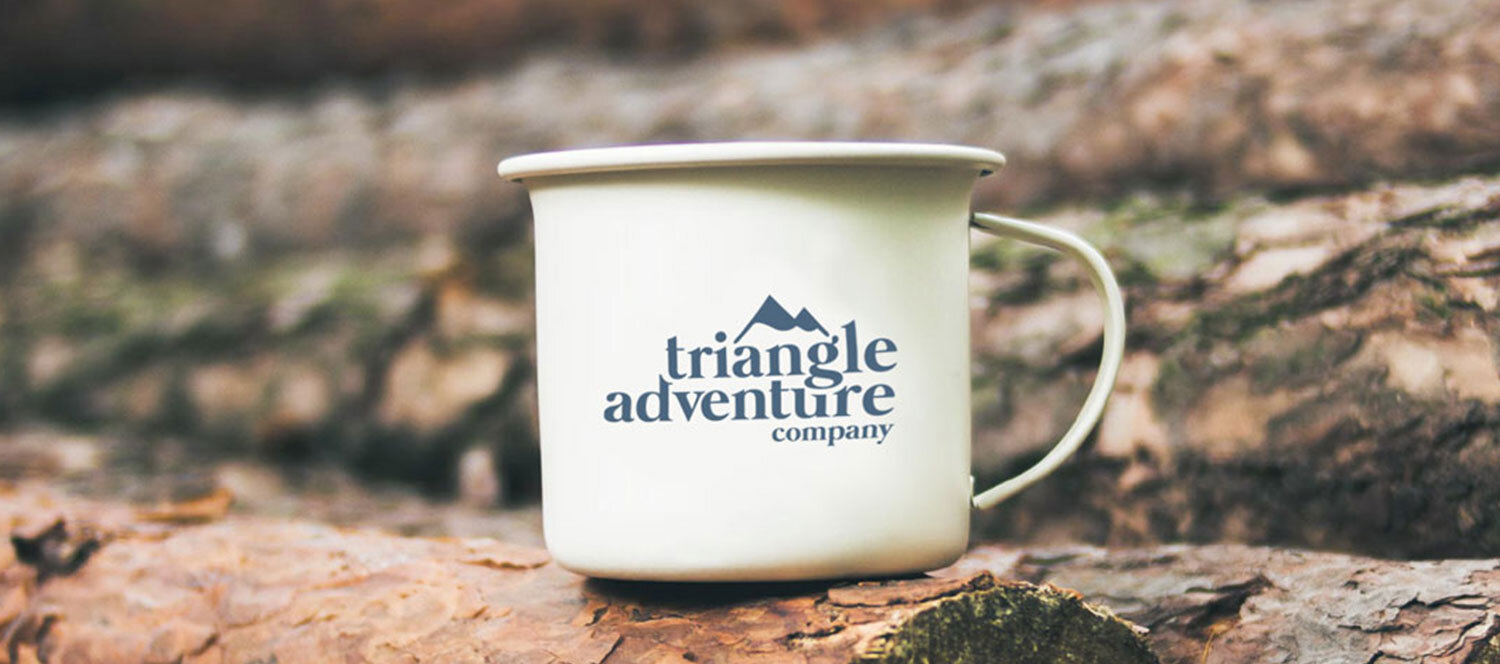How Does a Professional Designer Create a Logo?
The logo is one of the most critical elements of a brand. A well-designed logo draws attention, establishes credibility, and is easily memorable. It draws people in, and then, along with your brand’s other supporting messaging elements, your logo represents what makes your brand unique. Its appeal must engage your customer on a deeper level.
Like most things done well, a quality logo can look deceptively simple, but is actually surprisingly challenging to create. If you look at some of the most iconic logos, you’ll notice one thing that they all have in common: their simplicity.
A logo done well is so simple, it’s smart.
Well-designed logos don’t easily show the research, strategy, and the hours of work that went into its creation.
A successful logo needs to have several main qualities:
Your logo should be simple.
A logo needs to be simple enough that it can be adapted to many different sizes. It needs to be versatile enough to be on a large billboard or a small business card and still maintain its quality and meaning.
Your logo should be memorable.
You want your customers and clients to be able to remember your logo. This creates brand recognition and is a quality that all of the most iconic brands of today’s world have achieved. If your logo is too complex or trying to convey too many ideas, your customers won’t be able to easily remember it. Think of Nike and you immediately think of their iconic swoosh—companies like Nike have created a simple, memorable logo that has staying power, regardless of future design trends.
Your logo should be timeless.
The best logos flex and shift with your business—they’re timeless in a way that is not seen in lower-quality, hastily constructed designs. Well-designed logos can last for years and years, or sometimes even decades. Logos that are intentionally designed, drawing inspiration from the key foundations that make a brand stand out, will never fade. They’ve got legs, and they have substance. This kind of foundation builds a sense of innate flexibility in a logo. It helps logos evolve as a brand and business evolves. You might be surprised to learn that the Goodyear logo, recognized worldwide, was first designed in 1900; the original iteration of the Campbell’s soup logo, which was immortalized by Andy Warhol, was designed in 1897.
Your logo needs to stand the test of time. Of course, you will likely freshen it up as the years pass, and, if your business undergoes significant change, it may even be necessary to invest in a rebrand in the future, but you want the essence of your logo and what it represents to hold true.
Your logo should be an investment.
Put simply: when it comes to logos, you get what you pay for. Without question, nothing compares, in terms of quality and impact, to a professionally designed logo. DIY logo tools or design-on-demand websites like Fiverr that promise to build a professional logo on the cheap aren’t worth the low budget investment. In the end it can, and often does, result in even more money spent. These low-cost designs are usually made from stock graphics or Clipart, meaning they aren’t original or unique—they’re slight iterations of other brand logos. It won’t stand out, it won’t be memorable, and it won’t attract your customers. Instead, it will look like countless others in your industry; a poorly designed logo may even repel customers. Over time, if you consider the cost of a professionally designed logo spread over a decade, it’s easy to see how it really is a worthwhile investment.
Our Logo Design Process
Phase 1: Discovery
We start all of our branding projects with our thorough Discovery Phase. Before we even begin to sketch a logo, brainstorm a tagline, or draft a blog post, we work with our client to learn more about why they do the work they do. This way, we can share their most powerful story to captivate their customers. The client completes a detailed questionnaire, and we review any resources and materials they’ve sent. We analyze the current stage of their business, and we dive deep into their goals, ethos, and purpose. We research competitors, and we get a hold on the brand’s positioning within their industry. We get to know their customers, and we delve into the core traits that make their brand unique. We meet with our client and the team via phone, video conference, or in person to get to know their business, inside and out.
Phase 2: Strategy
What makes our branding agency different is that all of our logo packages are complemented by coaching support. Every one of our clients receives at least one 90-minute coaching session with a certified professional coach. You typically won’t see this with other agencies, and our clients find this support very beneficial. We infuse the coaching process into our branding projects to help our clients leverage their expertise, identify and own their most marketable skills, and integrate them into their branding.
During the Strategy phase, we dive even deeper into the many facets and layers of a brand, the market, and the customer base. Drawing from this data, we work to distill the essence of a brand into a visual design. A brand’s logo is an essential tool and building block that helps lay a strong foundation for the rest of the brand, and this phase helps to ensure a brand’s visuals will stand out in a crowded market.
Phase 3: Exploration & Design
During this stage in the project, we work behind the scenes to make our creative ideas a reality. We start with hand drawn sketches and then, once we land on a few choice designs, we fully develop 1-3 digital concepts to present to the client.
Phase 4: Presentation
Once we’re confident that we’ve created a collection of concepts that aligns with our client’s brand, we compile this into a detailed PDF that outlines their goals, brand keywords, color palette, and logo concepts; this presentation provides the client with tangible, applicable examples of how their logo will be used after the brand is launched. This way, it’s easier to envision real-world usage of how a logo iteration will look when implemented.
Phase 5 - Refinement & Application
This is the final phase in the logo design process. We work with the client to choose the logo concept that feels most in alignment with the brand vision, goals, and message. During this phase, we make any necessary refinements to the chosen concept, and then we finalize the design. Once the client has received their final files, we hold a Project Wrap meeting and then send a launch guide to ensure a successful launch, or relaunch, ensuring that they have both the visual and messaging tools they need to effectively communicate their new look to their audience.
Our logo design process is crafted in a way that prioritizes the client’s needs, goals, and long-term vision to ensure future success. By building a logo in this thorough, intentional, and strategic way, we’ve found that our clients are better positioned for visibility and that their brands stand out among others in their industry.
When it comes to investing in the success of your brand, don’t discount the value of your logo or it may cost you business in the future.
Need a logo for your brand?






